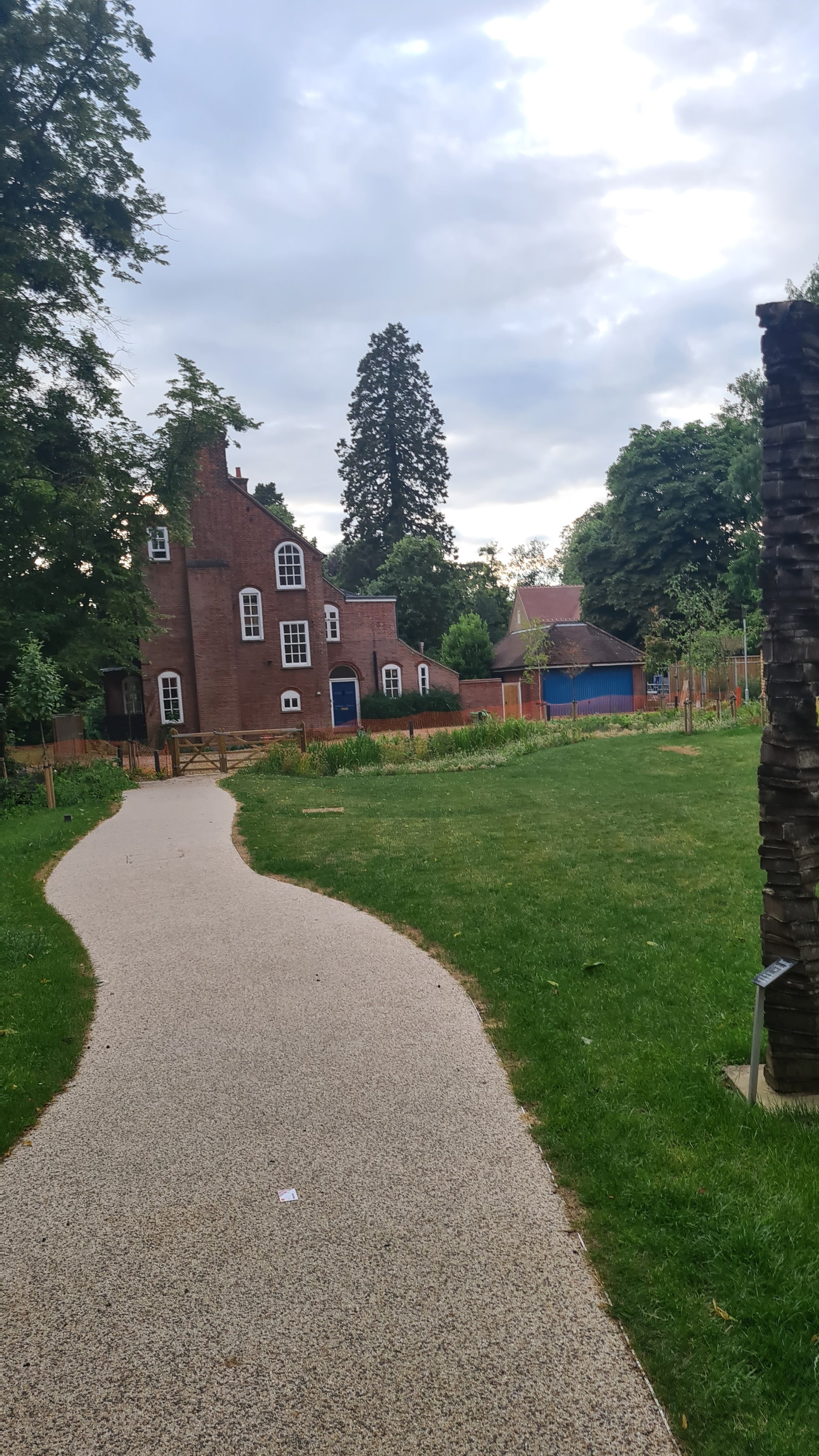What I Am Learning And Changing From Attending Conferences
Photo: Rachel punting in Cambridge.
I’ve thoroughly enjoyed the conferences that I’ve been attending. As I grow in conference experience, there are some things that I used to do and no longer do. Read on for some top tips!
1. Plan Talks In Advance
It’s all in the preparation – plan what talks you want to see before you get to the conference. This saves you feeling stressed or flustered deciding, especially if you want to switch between panels. This is perfectly okay and everyone will do it – just make sure you star the abstracts that interest you and then circle the people on the programme.
This is great as it highlights the key people you might want to talk to and the back of your brain will subconsciously think of how this might relate to your research, and even questions you might want to ask.
2. Take Materials To Show And Tell For Your Presentation
People love a show and tell! It doesn’t matter if you’re 5, 35 or 55 – people love to touch and feel your books, artwork or whatever else you can show them. Even if this simply means printing out your references and an outline of your presentation – people love this and it also makes you stand out in large conferences.
I try and take some kind of fun archive, depending on baggage allowance but it does go down a treat!
3. Dip In And Out – You Don’t Need To Do It All!
Conferences are tiring: I’m not sure if it’s the intense socialising, the networking or absorbing all sorts of new material and your brain is working overtime or a combination of everything. It’s okay to dip in and out. You can take an hour, a morning or even a day to go sightseeing (bonus points if you find a fellow scholar to go with) and you can also take 20 minutes or so at the end of the lunch break to sit on your laptop, tweak your talk or even just collect your thoughts.
The best thing is that all these people attending the conference are your people – you have shared interests, and the chances are, shared personality traits. It’s totally okay to take space – it means you’ll feel more energised for the next panel or when you all go out for food and drinks together.
This is one of the nicest things I’ve learned: when you stop attending everything, it leaves room for coffees with other scholars, space to build friendships and share a coffee – a point of conversation can even be “what panel are you missing right now?” – it’s all okay and it gets you talking.
4. It’s good to be flexible
In the same breath as dipping in and out, it’s good to be flexible. If they need a last-minute chair – say yes, you’ll be there. If a scholar you want to talk to is only at the conference for that day – make time to talk to them – this is the point of conferences. Opportunities will come your way if you’re open to them.
Photo: Path and house in Cambridge.
What I Am No Longer Doing
I am no longer turning up without a set idea of what talks I want to see and I don’t rigidly need to see every single one – it’s impossible! It’s better to really sit, enjoy and reflect on the talks you see. This is another moment to value quality over quantity.
Remember, conferences are fun – they are quite literally summer camps for academics! Enjoy them, feel rejuvenated and inspired and don’t forget to sightsee and enjoy the city you’re in.
Good luck!
Rachel Eager is a second-year PhD Candidate in Comparative Literature and is the Communications Intern 22/23. You can contact her by email: Rachel.Eager@Glasgow.ac.uk or on Twitter @RachelEager2.





